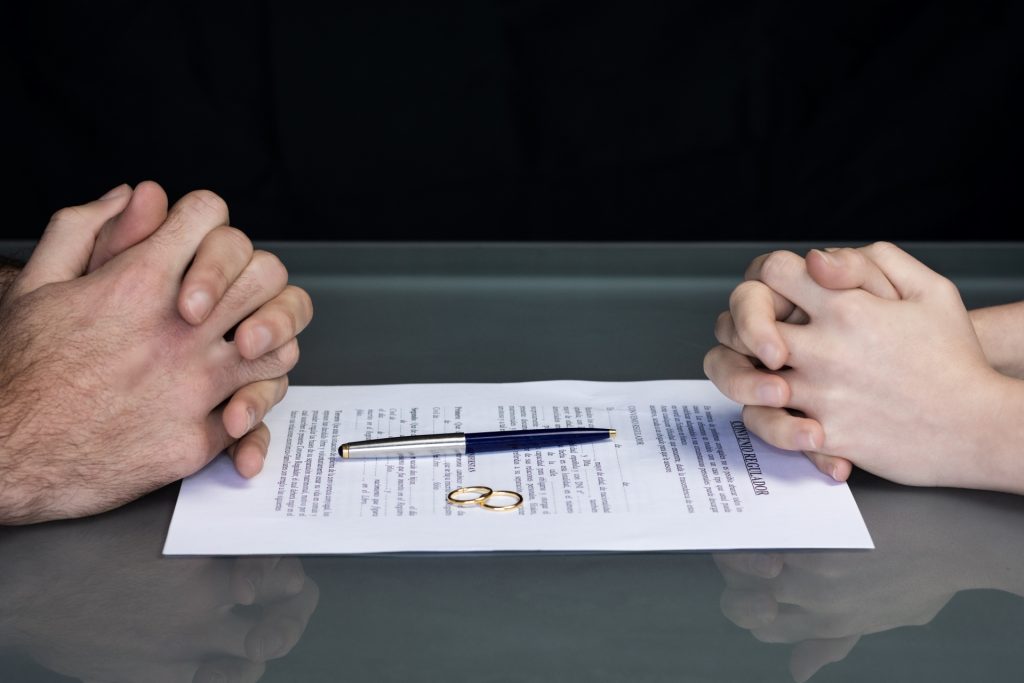The executor of an estate is the person named in a will to carry out the decedent’s wishes. If there is no will, the court will appoint an administrator. The executor has many duties, including:
- Locating and inventorying all of the decedent’s assets
- Paying debts and taxes from estate assets
- Filing any necessary paperwork
- Distributing assets to beneficiaries
Being an executor can be a complex and time-consuming job, so it’s important to make sure you are up for the task before you agree to take on this role. If you later decide that you don’t want to be the executor, there may be alternative ways to go about your role.
What If I Don’t Want To Be Executor Of An Estate?
If you have been named executor of an estate but don’t want the job, you may be wondering if there is anything you can do. The first thing you should do is talk to any members of the estate you are overseeing and explain your concerns. It may be possible to have someone else named in the will, or the will may allow for a different executor to be appointed by the court.
If you have already been through probate and don’t want to continue serving as executor, it’s important to understand your rights and responsibilities. You should talk to an attorney to learn more about your options and what would be best for the estate. Hiring a probate lawyer can also help you during this process. A probate attorney can handle many responsibilities that an executor must do.
How Can A Lawyer Help Me Execute My Duties
If you have been named executor of an estate, you may be feeling overwhelmed by the duties associated with this role. A probate lawyer can help you understand your responsibilities and guide you through the process. An attorney can also handle many of the tasks that are required of an executor, such as :
- Filing paperwork
- Paying debts and taxes
- Distributing assets
- Answering questions from beneficiaries
If you are facing complex legal issues or challenges from beneficiaries, a lawyer can provide guidance and ensure that the interests of the estate are protected.
Should I Hire A Lawyer?
There are many factors to consider when deciding whether or not to hire a lawyer. One important factor is the value of the estate. If the estate is worth more than $100,000, it is generally advisable to hire a lawyer. Another important factor is the complexity of the estate. If the estate is complex, with multiple assets and liabilities, it is also generally advisable to hire a lawyer to help you with your duties as an executor. Call us today at (774) 366-3711 to get the help you need.





